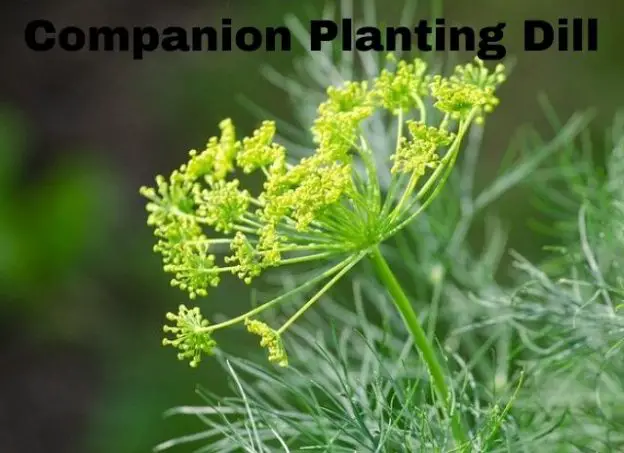This attractive herb is popular with chefs for use with fish dishes. It is also popular with beneficial insects like bees, hoverflies, and predatory wasps. There are many plants that will benefit from companion planting dill.
Companion Planting Dill
With its dainty, feathery leaves, and pretty yellow flower heads, dill makes a great herb to brighten any garden. For the organic gardener, it is a great companion plant and well worth growing. Below are the plants that will benefit the most from companion planting with dill.
Brassicas and Dill
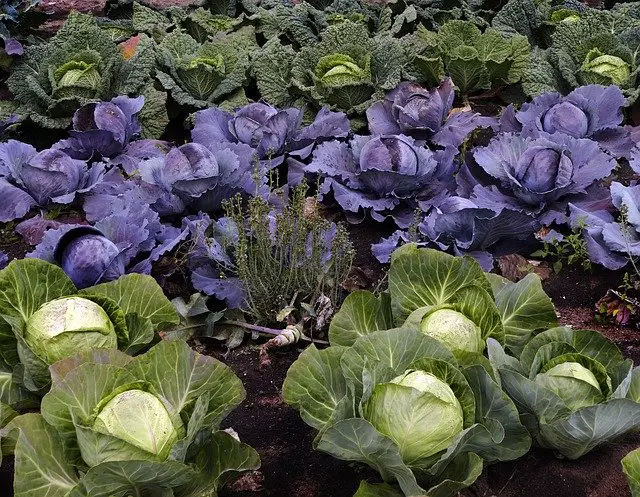
Brassica is the family name for the cabbage group of plants and includes the following:-
- Cabbages
- Kale
- Broccoli
- Cauliflowers
- Collard Greens
- Swede
- Turnips
- Brussels Sprouts
There’s a very specific, and annoying insect that can decimate brassica plants, it’s called the cabbage white. The cabbage white butterfly spends it’s adult life searching out members of the brassica family to lay its eggs on. These eggs hatch and grow into caterpillars, and it’s these that will destroy your brassica plants.
companion planting dill with brassica plants, will deter the cabbage whites from coming near to your brassica plants. For some reason, they just don’t like dill. It is also reported to improve the health and growth of brassica plants.
For more on companion planting brassicas follow this link.
Cucumbers and Dill
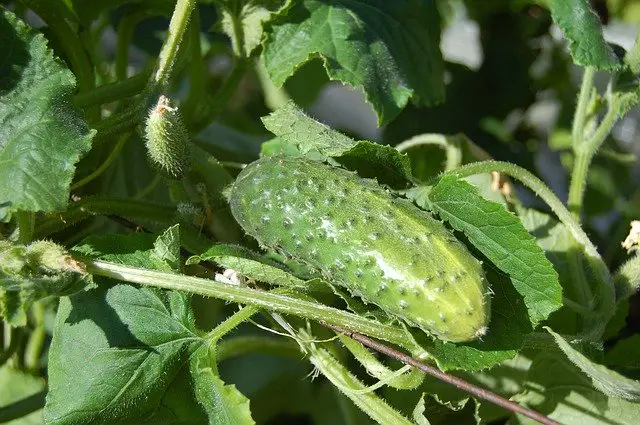
Also known as the cucumber herb, dill not only accompanies cucumbers, but it makes a great companion plant too. Allow dill to bloom and it will attract bees, hoverflies, and beneficial predatory wasps. Keeping your cucumber plants pest free, either through heavy traffic, or predator.
For more information on companion planting cucumbers click here.
Sweetcorn and Dill
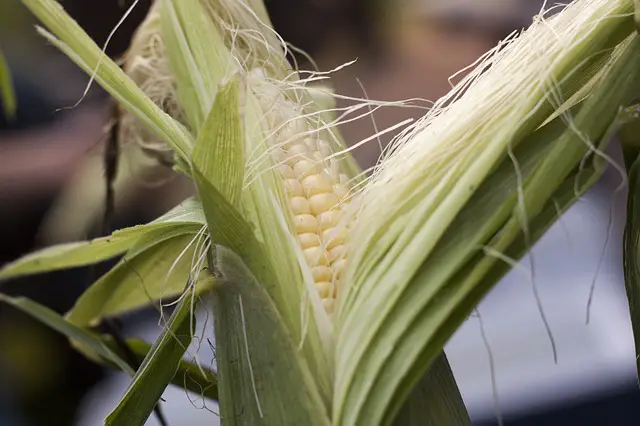
By companion planting dill with sweetcorn you will attract all the beneficial insects mentioned above. These will help to keep the corn earworm away and keep your corn in one piece.
Fennel and Dill
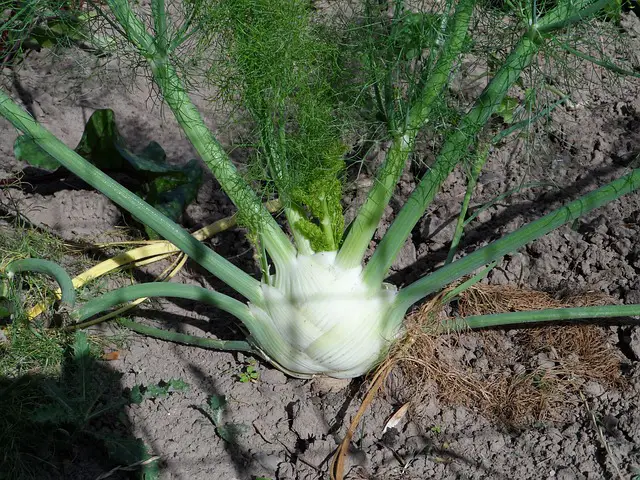
There aren’t many plants that will grow with fennel, which is a shame because insects tend to leave it alone. Dill is one of the few plants that will grow successfully with fennel. When they are both young plants, it’s hard to tell them apart.
Melons and Dill
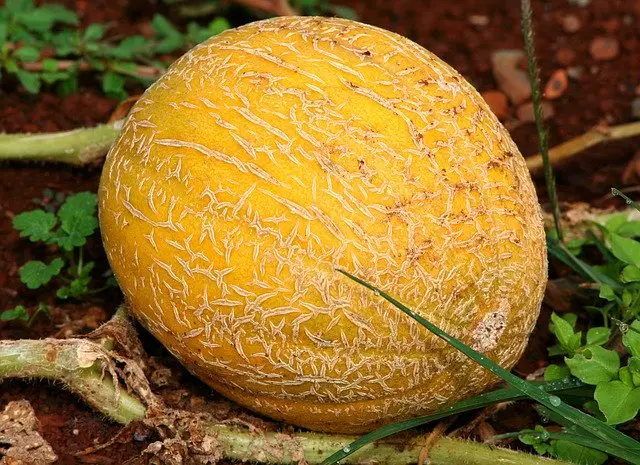
Once dill is in full bloom it attracts many pollinators and these will ensure your melons get pollinated. It will also be instrumental in keeping vine weevil numbers down, due to the predatory insects that are attracted to dill.
Onions and Dill
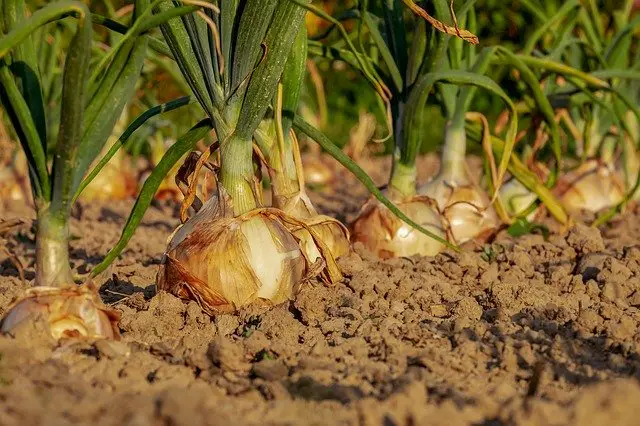
The onion fly can be a serious problem, the maggot feeds on the flesh of onion bulbs. To help disguise the onions from female onion flies, companion plant dill, and the predatory insects should take care of the rest. To find out more about onion flies, follow this link to the RHS website.
Lettuce and Dill
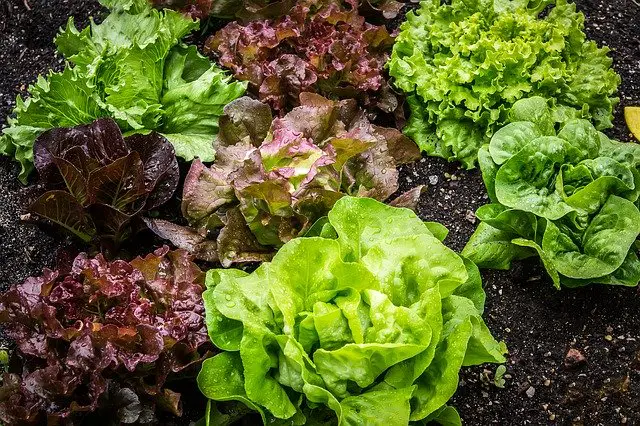
By companion planting dill with lettuce, you will help to protect the lettuce from insect infestation. As above the heavy traffic of pollinators and predators will keep the pests at bay.
For more on companion planting lettuce click here.
What Not To Grow With Dill
There are a few plants that don’t do so well when planted with dill, these include:-
Carrots and Dill
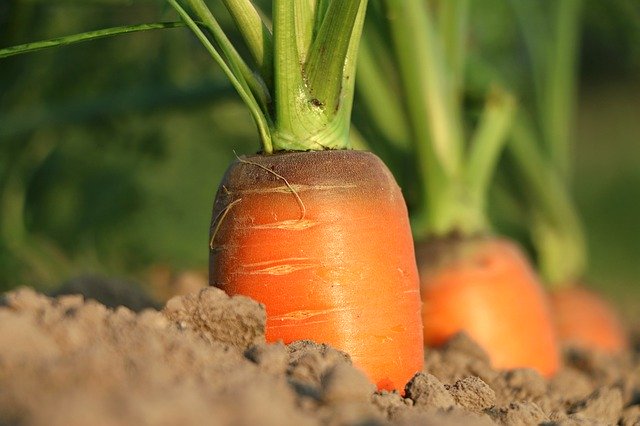
This is one of those contradictory combinations, because when they are young, carrots benefit from companion planting with dill. The problem is once the dill gets larger, it will slow the growth of carrots. So to benefit from less insect problem with young carrots keep dill in pots and remove them at a later stage.
Tomatoes and Dill
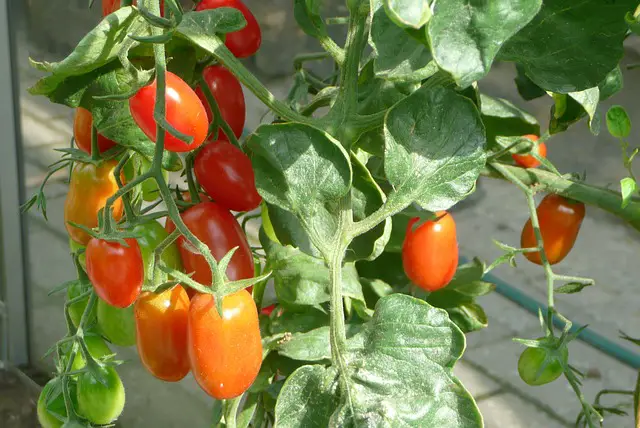
This is another one, in it’s early stages, the tomato plant will benefit from dill to protect it from flying pests. However, once the dill starts to mature it will hinder the growth of tomatoes. This is true of all members of the nightshade family and includes:-
- Tomatoes
- Peppers
- Chilli Peppers
- Aubergines(Egg Plants)
- Potatoes
There are some reports of lavender not doing too well with dill, but I have never experienced any problems with this combination.

